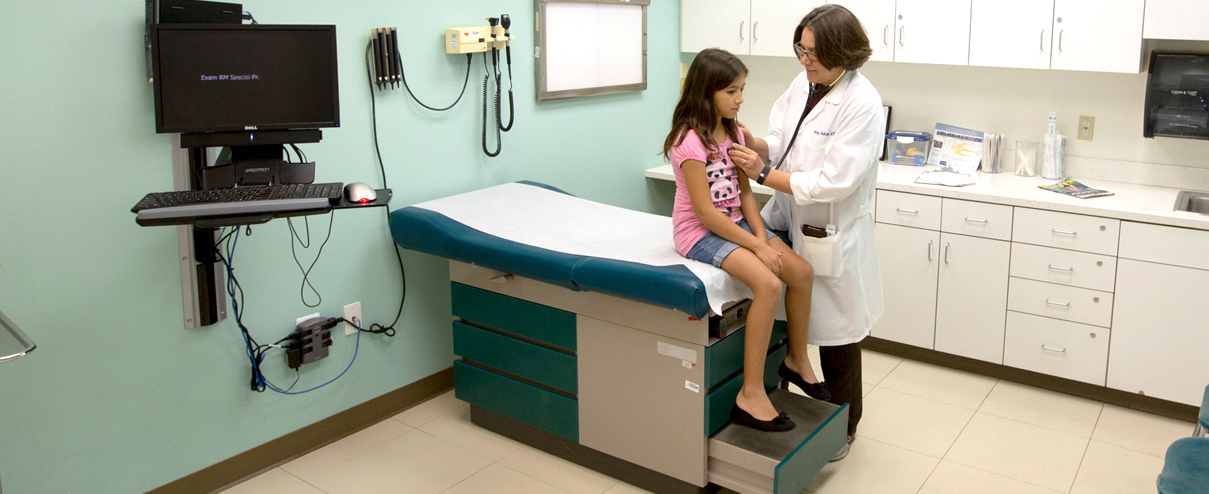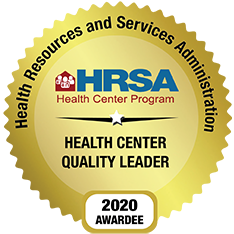The COVID-19 vaccine will be one of the most powerful tools to end the pandemic, but there are still many questions and concerns people have about the safety of the vaccine. In order to help ensure that you feel confident about getting the vaccine when it becomes available, we have compiled a list of frequently asked questions and answers about the vaccine that we will be updating as new information becomes available. This FAQ fact sheet contains information from the Centers for Disease Control and Prevention(CDC), and applies to both the Pfizer and Moderna vaccines.
No: vaccines help our immune systems identify the virus and fight back through building immunity. Symptoms such as a fever or body aches are normal, and are a sign that your body is building immunity to the virus. Symptoms typical only last for roughly 24 hours.
The U.S. Food and Drug Administration (FDA), CDC and Advisory Committee on Immunization Practices (ACIP) review evidence from clinical trials provided by the vaccine manufactures such as Pfizer and Moderna. Thousands of people of all ages and ethnicities were tested as part of the vaccine trials. Side effects continue to be monitored by these organizations.
No: Vaccines typically take a few weeks to reach their full strength. This means that even after getting the vaccine you will still need to follow COVID-19 safety guidelines such as wearing a mask, staying at least 6 feet apart, and washing your hands regularly to protect yourself from COVID-19.
Yes: studies have shown that while unlikely, it is possible to contract the virus more than once, so it is important to get vaccinated even if you’ve already been sick with COVID-19. As of now, we don’t know how long the immunity benefits of the vaccine will last. If you’ve recently been infected with COVID-19, do not get the vaccine until your symptoms have subsided and you’ve met the criteria to discontinue isolation.
Studies from the CDC show that reinfection is highly uncommon within 90 days of initially being infected, so a person may delay getting the vaccine for 90 days after recovering from COVID-19 if they wish.
No: the primary vaccines available are mRNA vaccines, and it’s impossible for these vaccines to change your DNA. The mRNA vaccine will never come into contact with the nucleus of a cell where DNA is stored.
No: studies show that, while it is unlikely, people can get COVID-19 more than once. COVID-19 affects everyone differently, and when you are sick with the virus you can easily spread it to family and friends even if you show no symptoms.
The two main vaccines currently available from Pfizer and Moderna require two doses of the vaccine. The first dose introduces the virus to your immune system to that your body can recognize it and begin building immunity. The second dose helps your body build even greater immunity after your body has adjusted to the first dose.
No: none of the vaccines currently available or in development will cause you to test positive on a COVID-19 viral test. You may test positive on some antibody tests, and these tests are used to indicate if you’ve had a previous infection. Experts are still researching how the vaccine affects the results of an antibody test.
COVID-19 vaccines will be given at no cost. Depending on where you receive the vaccine, you may be charged an administration fee, but the vaccine itself will be at no cost.
While there is no specific date as to when the vaccine will be universally available, it is the goal of the United States government to have enough vaccines for everyone who wants it as soon as possible. The Federal government projects that everyone will have access to vaccines by June. Access will be phased in over the next six months based on risk criteria set by CDC and CDPH.
The vaccines that have recently been distributed are being given to healthcare personnel and long-term care facility residents as part of Phase 1a of the CDC’s vaccine rollout recommendations. The next groups that will receive priority over the coming weeks as part of Phase 1b are frontline essential workers, such as police officers and grocery store workers, and people aged 75 and older.
The following group of people aged 65 – 74 and people ages 16 – 64 with underlying health conditions such as diabetes or heart problems will be given priority as part of Phase 1c. The Advisory Committee on Immunizations Practices (ACIP) will expand the groups recommended for the vaccine as the supply increases. In the coming months more groups will be added to the list. For more information about the vaccine rollout and different phases, click here.




